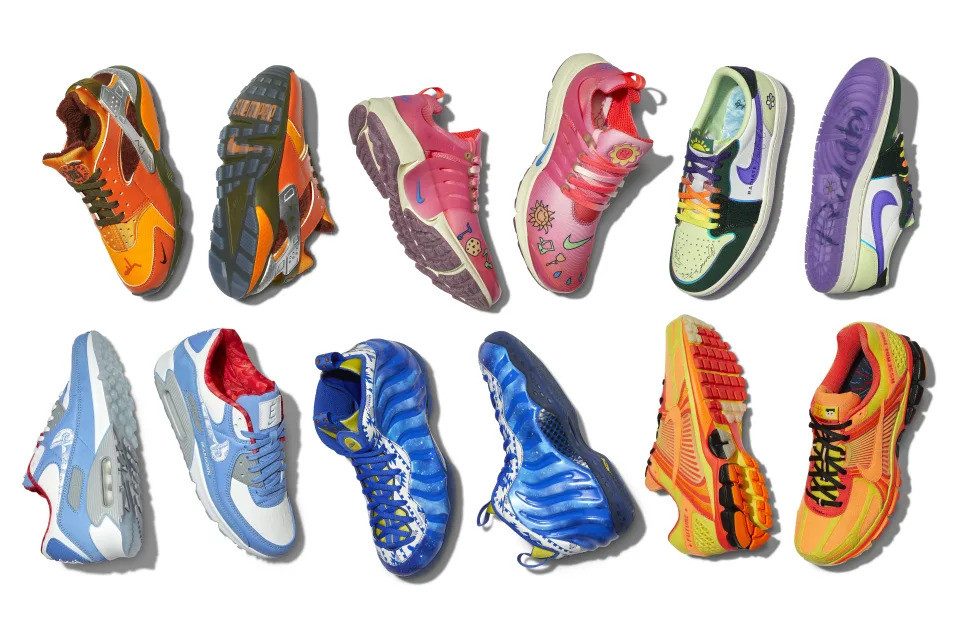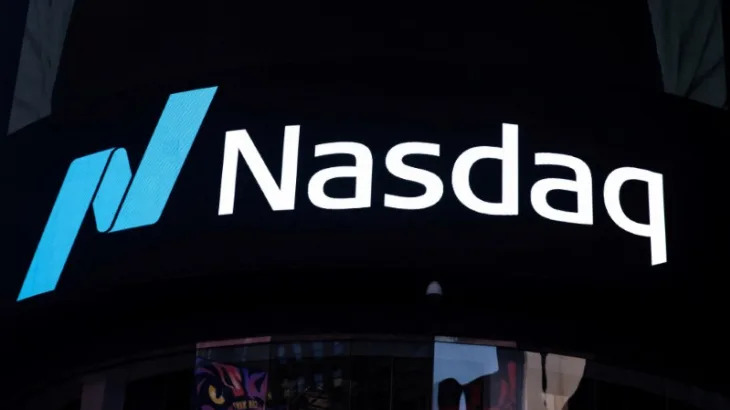
Nike (NYSE: NKE) is known for its eye-catching athletic wear, scores of world-class athletes as brand ambassadors, and catchy ad campaigns and slogans that work their way into global pop culture. This has helped the business rise to its current standing atop the industry.
However, the performance of the company's share price has been anything but memorable. Had you invested in this consumer discretionary stock five years ago, you would've gained just 6%. The S&P 500 would've more than doubled your capital.
Nike now trades an at more than 50% off its high. Does this mean you should buy it right now with $100 and hold through 2024 and beyond?
A losing mentality
Nike is struggling to drive sales growth in the current macro environment. Its revenue for the fiscal fourth quarter (ended May 31) declined 2% from the year-ago period. And fiscal 2024 sales were basically little changed from the year before. Weakness in certain lifestyle categories, softness in China, uneven consumer trends, and general uncertainty about the macro environment forced management to cut forecasts, and it now expects fiscal 2025 revenue to be down by mid-single digit percentages.
Investors might think that Nike's challenges can be blamed on economic headwinds or industry issues. That sounds like a reasonable assessment, at least on the economic front, particularly as consumers worry about the odds of a recession. However, it might be a flawed perception.
Revenue at smaller rival Lululemon Athletica rose by 10% in its fiscal first quarter (ended April 28), and its sales are projected to rise by 11% to 12% for the full fiscal year. Then there are the up-and-coming footwear brands that are undoubtedly drawing the attention of runners. On Holding and Deckers ' Hoka each posted revenue gains of roughly 30% in their latest quarterly reports.
The fact that these industry peers are stealing market share is worrying for Nike shareholders. The business is failing to satisfy consumer tastes in the face of increased competition, something that should be a top priority for the leadership team to fix.
"We are reinvesting nearly $1 billion in consumer-facing activities in fiscal '25, which we expect to accelerate our return to strong growth," Chief Financial Officer Matt Friend said on the latest quarterly earnings call . This looks like the right move.
Focus on the positive
Long-term investors should be aware of the financial performance of a business quarter to quarter. But they shouldn't be overly focused on it. What matters is a company's prospects over many years.
Nike has stood the test of time because it has an invaluable asset in its brand name. To be clear, I'm sure this has weakened in recent times as the business has disappointed when it comes to product innovation. But this is still the leader in the sportswear market. And that certainly means something.
This brand moat is what prospective investors need to think about. Does Nike have what it takes to turn things around, by creating compelling clothing and footwear products, executing compelling marketing campaigns, and making sure merchandise is meeting consumers where they are? I want to give the company the benefit of the doubt, mainly because it's been relevant for such a long time and has certainly dealt with problems successfully at various points in the past.
If you're bullish, there's rarely been a better time to buy shares. They currently trade at a price-to-earnings ratio of less than 23, close to the low end of the past five- and 10-year periods.
The near term is full of uncertainty. But patient investors might believe that Nike's long-term outcome is a winning result. Putting $100 into the stock and holding for years could be a smart move.
Before you buy stock in Nike, consider this:





